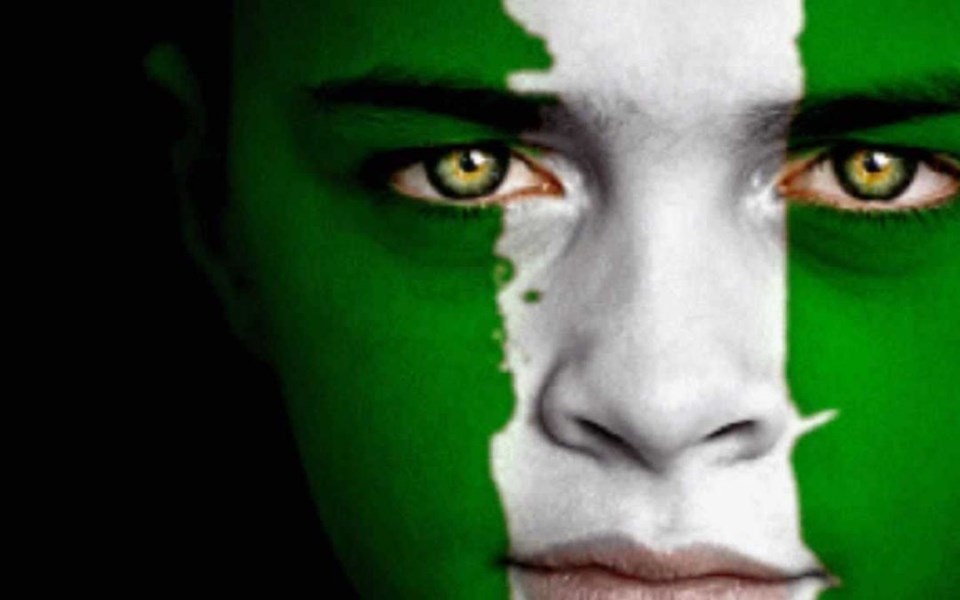WE all make mistakes, individuals and nations alike, and our mistakes often inflict struggles and regret on us. This is the story of Nigeria. We have made a handful of mistakes that have led us to our national regret today. The willful reshaping of Nigeria from regions into a 12-state structure nation-state and the subsequent divisions of these states into 36 states has had its pros and cons. At different times, Nigeria had 12, 19, 21, and 30 states largely for the distribution of national wealth evenly and the accommodation of several ethnic minority groups. This state creation phenomenon was almost exclusively the product of military juntas. Sometimes, the process of state creation was so controversial that it was based on frivolous and selfish ambitions. Today, the cons have outweighed the pros and Nigeria is struggling to sustain its 36-state “federation”. The states have become more vocal about their dissatisfaction with this current system of a parent struggling to control its 36 kids who ought to be independent and everyone seems to have the word “restructure” on their lips now.
READ ALSO: The gentleman's code: 10 things you should do before retirement
 Nigerian flag. By Kreative Diadem
Nigerian flag. By Kreative DiademSo, why do we want to change this country now? Well, I guess we are not achieving nation-building as we want because we are actually yet to be one nation in the real sense of the word. Although Nigeria has many states comprising several distinct ethnic groups, the country is yet to imbibe a collective nationality where our multicultural community is stabilized. The leadership failure that Nigeria has suffered for decades has made nation-building a mere abstraction and robbed the country of its opportunities to conceive true nationhood. We have avoided the hard facts of marginalization for so long that most people fail to see how the 'restructurist' and secessionist agitations are a product of injustice. Some citizens have basically lost hope in the country and believe it is best to literally split the country into new smaller nations. These people obviously have no willingness to continue as compatriots and stakeholders in the Nigerian project.
DO NOT MISS: POINT BLANK: What sudden increase in petrol pump price can do to average Nigerian this April
Many leading Nigerians have been accused of glossing over the underlying issues affecting Nigeria such as the random massacres in communities across the country by armed herdsmen, the frequent kidnappings by bandits, Boko Haram insurgency, and the recent rise of armed attacks in Imo state and its environs. The country is currently hanging on a thread with grave security risks threatening to blow up the country for good. The emotions of the advent and aftermath of the Biafran massacre —it really wasn’t a war— is still very much alive, and it is being used to drive the secessionist ideology across the country. The widespread dearth of basic amenities in parts of the North and neglect of the Niger Delta region in its deplorable state are also some of the well-known cases that have birthed negative emotions too. Our leadership has always ignored the root cause of secessionist and terrorist tendencies, they have continued to turn a blind eye to the injustice of marginalization and underdevelopment. These agitations are becoming more urgent and violent that we cannot continue to handle these matters with levity anymore. Nigerians must now face their past and engage the agitations of the present if we are to have any hope for the future.
IN CASE YOU MISSED IT: Should I Get Bitcoin Right Now?
What the average Nigerian desires is a safe and constantly developing nation they can be proud to call their own —the Nigeria of 2021 is not that. This is why we keep talking about “changing things” in this country. The question is: what can we do about the country as it is a mess right now? Since the constitution does not give room to welcome secession, we can only look to attempting a constitutional reconfiguration of the Nigerian federation. In other words, restructure Nigeria. To do this is to be rid of our parochial ethnocentric mentality in order to create a new structure that actually works for all Nigerians. This can only be achieved with leaders who can see well beyond their noses, work around the clock for the cause, and inspire belief in the citizens of Nigeria. With this, Nigeria will be on the right track for real development.


.png;w=120;h=80;mode=crop)
